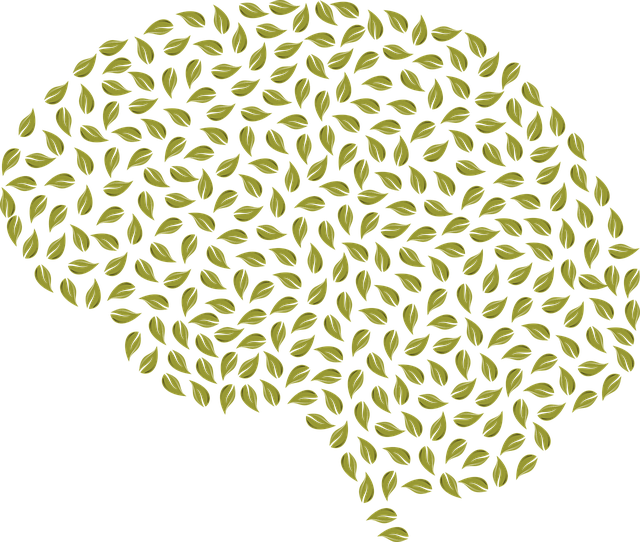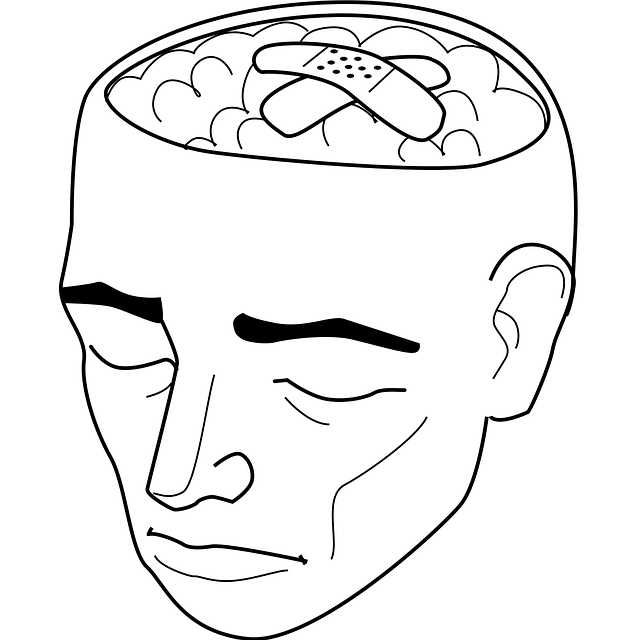Longmont Neuro Disorders Therapy (LNT) leverages the RFM framework—Resilience, Flexibility, and Mindfulness—to effectively manage neuro disorders. Through emotional coping strategies, adaptability, and self-efficacy training, LNT builds resilience in clients. Stress Management Workshops and holistic programs combine evidence-based practices like mindfulness and cognitive behavioral therapy to reduce stress and enhance quality of life. This approach not only mitigates risks associated with untreated neuro disorders but also reduces mental illness stigma. Community outreach initiatives in Longmont, Colorado, have seen significant improvements, showcasing LNT's impactful RFM techniques in fostering resilient communities.
“Unveiling the power of resilience is a game-changer in managing neuro disorders. In this article, we explore an effective framework, RFM (Resilience, Flexibility, and Motivation), and its integration into therapeutic practices through the lens of Longmont Neuro Disorders Therapy. This innovative approach combines tailored exercises to build resilience, enhancing patients’ ability to cope with challenges. We delve into how these exercises, grounded in research, transform lives, offering real-world success stories from Longmont’s experience.”
- Understanding RFM: A Framework for Resilience in Neuro Disorders
- Longmont Neuro Disorders Therapy: An Overview of Their Approach
- The Role of Resilience Building Exercises in Therapeutic Practices
- Practical Applications and Benefits: Real-World Success Stories from Longmont
Understanding RFM: A Framework for Resilience in Neuro Disorders

Resilience is a key aspect of managing neuro disorders, and the RFM framework offers a structured approach to enhancing it. RFM stands for Resilience, Flexibility, and Mastery, three core components that empower individuals to navigate challenges effectively. In Longmont Neuro Disorders Therapy, this model is often employed as a therapeutic tool to help clients build resilience.
The first ‘R’ in RFM focuses on developing emotional resilience, which involves learning to cope with stress and adversity. This includes practicing emotional intelligence and understanding one’s triggers, enabling individuals to respond adaptively rather than reactively. The second component, flexibility, encourages the adoption of diverse coping strategies, ensuring that when one approach doesn’t work, there are alternatives readily available. Stress Management Workshops organized by local therapy centers often delve into these concepts, teaching practical techniques for emotional healing processes. Finally, ‘Mastery’ emphasizes self-efficacy and personal growth, where individuals take control of their lives, set achievable goals, and celebrate successes, fostering a sense of accomplishment and resilience in the face of neuro disorder challenges.
Longmont Neuro Disorders Therapy: An Overview of Their Approach

Longmont Neuro Disorders Therapy (LNT) offers a unique and comprehensive approach to helping individuals navigate neuro disorders and build resilience. Their method centers around a holistic understanding of the mind-body connection, emphasizing emotional intelligence as a cornerstone for recovery and personal growth. LNT believes that nurturing emotional intelligence enables clients to manage stress more effectively, fostering an environment conducive to healing.
Through specialized programs and tailored interventions, LNT guides individuals in discovering their innate capacity for resilience. They incorporate various evidence-based practices, including mindfulness techniques and cognitive behavioral therapy, into their workshops and sessions. These strategies empower participants to develop effective stress reduction methods, enhance their coping mechanisms, and ultimately lead more fulfilling lives despite the challenges posed by neuro disorders. Additionally, LNT’s commitment to ongoing support ensures that clients receive the resources needed for long-term success in managing their conditions.
The Role of Resilience Building Exercises in Therapeutic Practices

Resilience-building exercises play a pivotal role in therapeutic practices, especially when addressing neuro disorders in Longmont. These exercises are designed to equip individuals with effective coping strategies, fostering their ability to navigate and overcome challenges. By integrating resilience training into therapy sessions, mental health professionals can empower clients to enhance their mental fortitude and overall well-being. This approach is particularly beneficial for managing conditions such as anxiety, depression, and post-traumatic stress disorder (PTSD), enabling individuals to develop a sense of control and adaptability in the face of adversity.
Incorporating resilience-focused activities into Longmont Neuro Disorders Therapy goes beyond treating symptoms; it aims to strengthen clients’ psychological muscle, thereby reducing the impact of mental health issues. This proactive strategy aligns with the broader goals of Risk Management Planning for Mental Health Professionals, as it helps mitigate risks associated with untreated or inadequately managed neuro disorders. Furthermore, the inclusion of resilience-building exercises within therapeutic frameworks complements Mental Health Education Programs Design by promoting self-awareness and empowering individuals to take charge of their mental health journey, thereby contributing to efforts in Mental Illness Stigma Reduction Efforts.
Practical Applications and Benefits: Real-World Success Stories from Longmont

In Longmont, Colorado, the practical applications and benefits of RFM (Resilience, Flexibility, and Mindfulness) and resilience-building exercises have been evident through successful initiatives aimed at addressing neuro disorders therapy. Local community outreach programs have integrated these techniques into their strategies, fostering a holistic approach to mental health support. Participants in these programs have reported significant improvements in their ability to cope with stress and adversity, thanks to the RFM model.
Self-care routine development has become a cornerstone of this progress, as individuals learn to prioritize their mental well-being. By incorporating mindfulness practices and resilience-building exercises into their daily lives, Longmont residents are better equipped to navigate life’s challenges. The Community Outreach Program Implementation in the region underscores the power of collective efforts in promoting coping skills development, ultimately leading to more resilient communities where folks can thrive despite adversity.
Longmont Neuro Disorders Therapy’s innovative approach, centered around Understanding RFM and incorporating Resilience Building Exercises, has demonstrably enhanced therapeutic outcomes. By fostering resilience, this method empowers individuals with neuro disorders to navigate challenges more effectively. The practical applications and real-world success stories highlighted in this article underscore the significant benefits of integrating these exercises into therapeutic practices. Adopting such strategies can revolutionize support for those navigating the complexities of neuro disorders, ultimately enhancing their quality of life.









